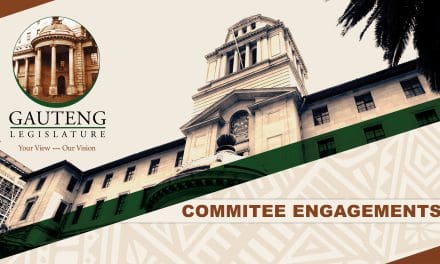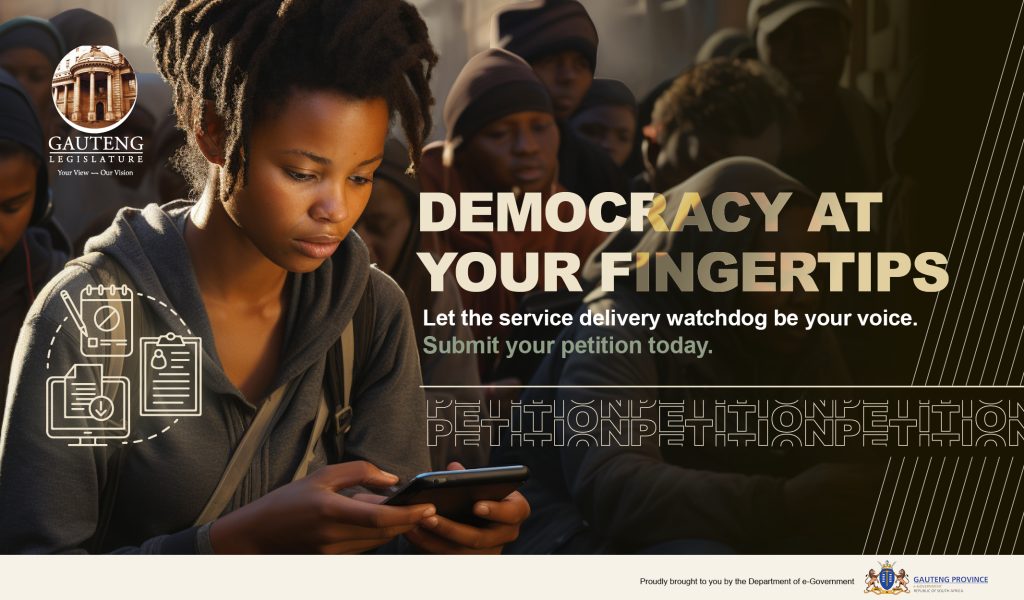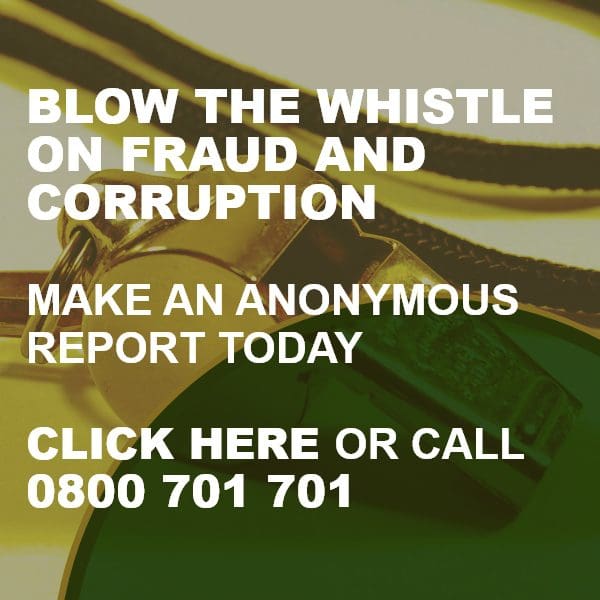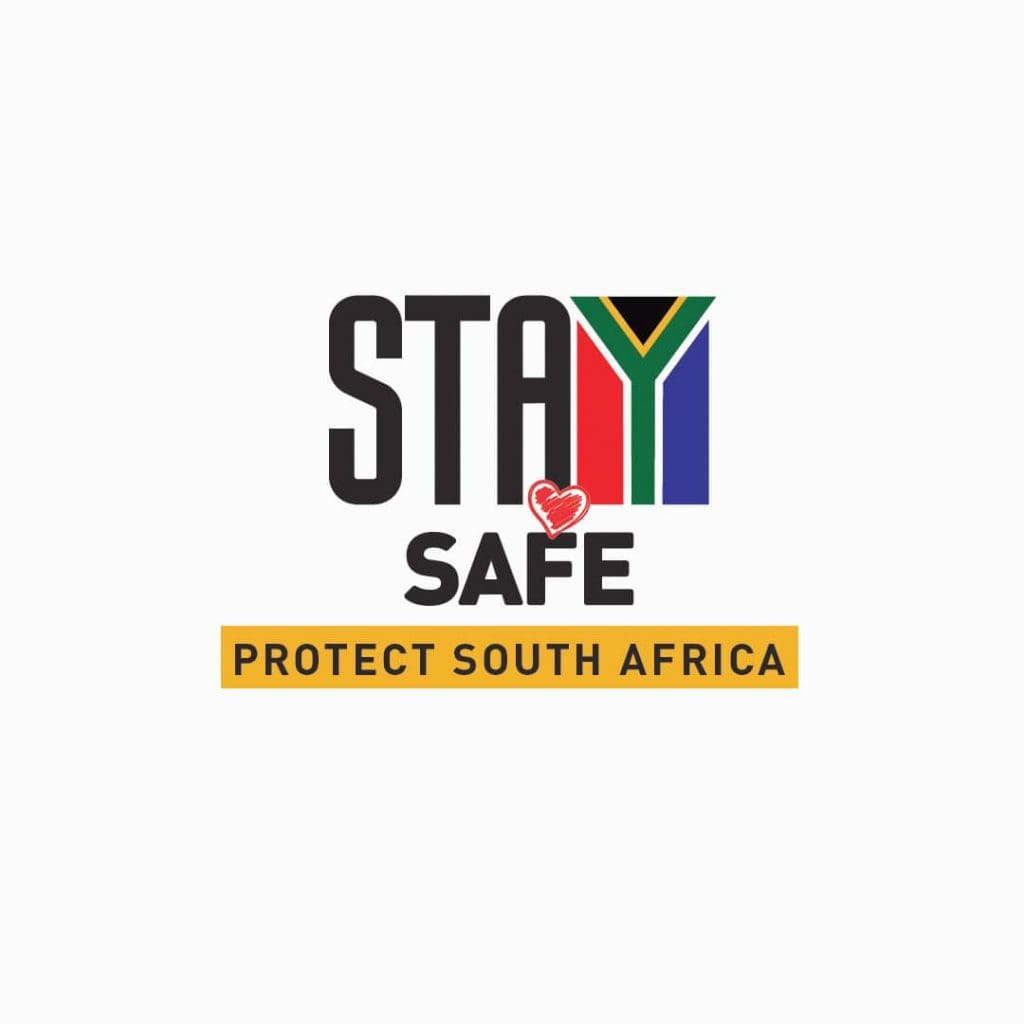IN RESPONSE TO THE BUDGET SPEECH, GAUTENG COMMITTEE ON COGTA ADDRESSES ELECTRICITY, WATER, AND INFRASTRUCTURE CRISIS IN LOCAL MUNICIPALITIES
Gauteng municipalities face the pressing task of resolving various electricity, water, and infrastructure challenges plaguing the province, which continue to paint a picture of poor service delivery at the local government level. These include inefficiencies in the electricity billing system, incessant power outages, shortages in water supply and the advanced state of deterioration of the road infrastructure across the province.
During its all-day meeting with eight (8) Gauteng municipalities, the Legislature’s COGTA, Research & Development & e-Government Portfolio Committee yesterday (Tuesday, 22 February) lamented the decline in their performance – evidenced in the grim service delivery reality experienced by communities. The meeting was part of the Committee’s Focused Intervention Study (FIS) to examine the Implementation of Infrastructure Development Programmes on Water Supply and Electricity in Gauteng.
The eight municipalities gave a comprehensive account of the challenges that they continue to experience, along with plans in place to address them. Among these were the Sedibeng, Midvaal, Emfuleni, Lesedi, West Rand, Rand West City, Merafong City, Mogale City, City of Tshwane, City of Ekurhuleni, and the City of Joburg municipalities. Presentations were also received from the Municipal Infrastructure Support Agency (MISA) and the South African Local Government Association (SALGA).
Committee Chairperson, Honourable Fasiha Hassan and Members of the Committee probed all the reports and plans to test their viability. The Committee observed that unpaid debts to Eskom and Rand Water were among the biggest challenges facing municipalities. Emfuleni, Sedibeng, and West Rand have the most numbers of defaulting residents in this regard.
Municipalities also reported the high interest on debt that Eskom charges them – which the Committee committed to resolve. Hon. Hassan urged municipalities to lookout for, and take advantage of, Eskom’s debt-relief measures that would be implemented in the near future.
Meanwhile, National Minister of Finance announced in his budget speech, earlier today, that “incentivized relief to municipalities whose debt is unaffordable while simultaneously addressing risks could help municipalities recover”. This applies specifically to municipalities whose collective debt to Eskom amounted to R56.3 billion at the end of December 2022.
Furthermore, municipalities presented their individual Rand Water debts, and their current debt recovery plans as well as plans to improve water and sanitation in communities. Members of the Committee highlighted the importance for municipalities to find a balance between stable water supply to communities and conservation, noting the scarcity of water as a resource. One of the members lamented the avoidable percentage loss of water efficiency in the system in a province already grappling with water shortages. South Africa loses approximately 40% of its water due to inefficiencies in the system.
The role of civil society and communities in assisting municipalities improve overall service delivery was also emphasized. Gauteng MEC for COGTA, Mzi Khumalo, urged communities to protect infrastructure by fighting against criminal acts of vandalism. This, he added, would reduce the burden of infrastructure repairs and enable the much-needed municipality recovery. He implored communities to cooperate with the government in measures proposed to address issues of informal settlements on land with sinkholes. He further apprised the Committee on a Disaster Management Plan, which he is currently in consultation with the COGTA Minister about, to address Merafong’s sinkhole debacle.
The Committee demanded that department reports and plans must accurately reflect the reality of operations on the ground.
Meanwhile, Hon. Hassan rejected presentations by the City of Ekurhuleni and City of Johannesburg as they did not address the prevalent water, electricity, and infrastructure challenges in their areas. The two municipalities will re-appear before the Committee later.
The next step of the FIS will now see the Committee conducting oversight visits to selected municipalities that need urgent interventions.
In closing the meeting, Chairperson Hassan said “Today’s Portfolio Committee meeting illustrated public representatives who were unafraid to tackle difficult issues head on. We were sharp in our oversight and even sent some Metros packing because they were not prepared. We cannot and will not rest while our people suffer the harsh realities of this crisis. We will continue to wage these battles until there is equal and equitable access to services across the province”.
ISSUED BY GPL’S MEDIA SERVICES ON BEHALF OF THE CHAIRPERSON OF THE PORTFOLIO COMMITTEE ON CoGTA, RESEARCH & DEVELOPMENT & E-GOVERNMENT, FASIHA HASSAN







